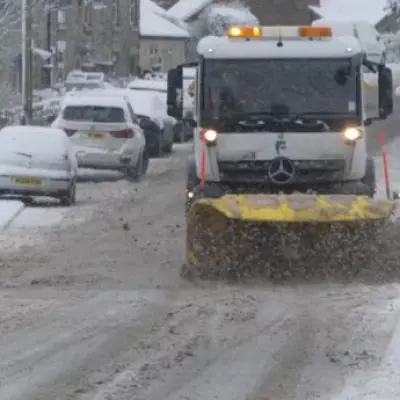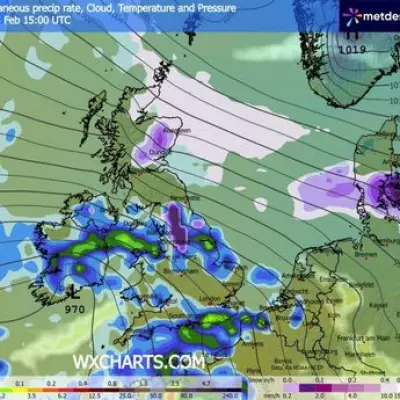
The National Health Service (NHS) has issued updated guidance, urging the public to seek medical advice if a high temperature, one of the primary symptoms of Covid-19, persists for five days or longer.
When to Seek Medical Help for Covid Symptoms
While most people who contract Covid-19 will see their symptoms resolve quickly, the health service emphasises that a prolonged high fever could signal a more severe case. The official NHS website now directs individuals to either book an urgent GP appointment or call the 111 service if they or a child have a high temperature that lasts for five days or more, or if the fever does not come down after taking paracetamol.
A high temperature is medically defined as 38C or above. You might also notice that your chest or back feels hotter than usual to the touch. This fever can often be accompanied by other signs, such as shivering, episodes of sweating, or skin that appears warm and red.
Latest Covid Data and At-Risk Groups
This renewed focus on symptom management comes as the UK Health Security Agency (UKHSA) releases its latest data. The figures show that Covid cases have seen a marginal dip, but infection rates are still holding at what experts classify as "medium levels".
Hospital admissions for the virus have also fallen slightly. The weekly positivity rate has decreased to 12 per cent, down from 13.1 per cent the previous week. The UKHSA continues to highlight that individuals aged 85 and over remain at the greatest risk of hospitalisation from Covid, making vigilant symptom monitoring particularly crucial for this demographic.
Additional Guidance and When to Return to Normal
The NHS advises that people should also contact 111 in several other scenarios. These include if you are generally worried about your or a child's Covid symptoms, if the symptoms are getting worse or not improving, or if they are accompanied by other signs of illness like a rash, loss of appetite, or feeling unusually weak.
Specific advice for young children is also provided. You should call 111 if a child under three months old has a temperature of 38C or higher, or if a child aged three to six months has a temperature of 39C or higher.
The health service notes that "the symptoms are very similar to symptoms of other illnesses, such as colds and flu". For most, feeling better happens within a few weeks, though a full recovery can sometimes take longer. The guidance states that you can return to your normal activities when you feel better and no longer have a high temperature. For children with mild symptoms like a runny nose or slight cough, they can attend school or childcare if they feel well enough.





